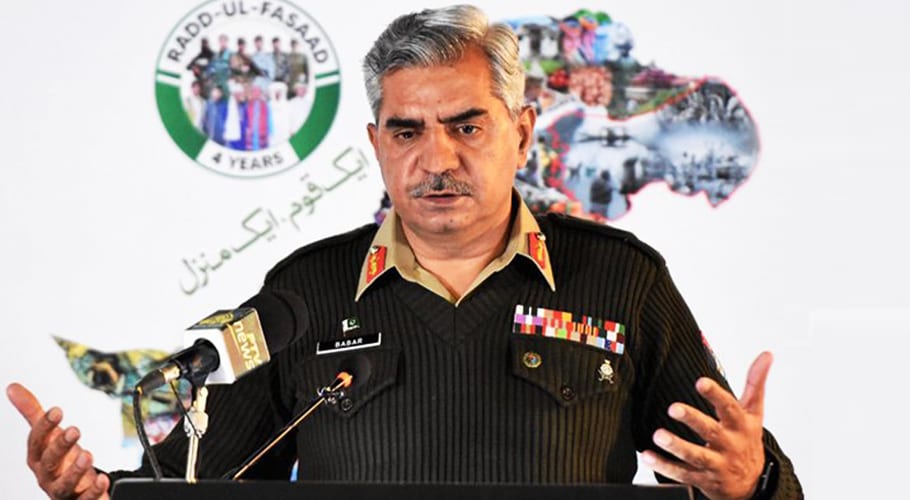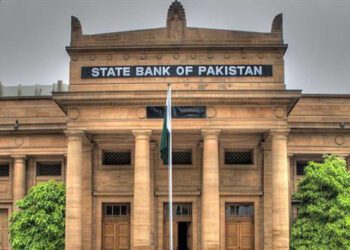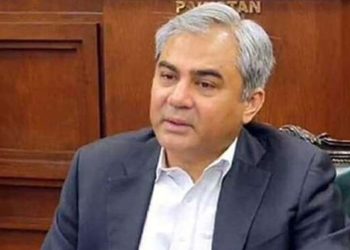RAWALPINDI: Inter-Services Public Relations Director General Maj Gen Babar Iftikhar has said Terrorism and extremism biggest challenge to national security.
Addressing a media briefing in Rawalpindi today, the DG ISPR said the armed forces have been facing national security challenges and will continue to tackle them as a nation in the days to come.
The spokesperson said that the strategy to launch operation Raddul Fasaad was aimed at peaceful, stable and normalised Pakistan. He added that the operation helped restore people’s confidence in the state.
Gen Babar Iftikhar said that Raddul Fassad rendered the terrorists and extremists completely ineffective and curtailed their freedom of action.“We wanted the people to start trusting the nation again and curtail the freedom of expression of anti-Pakistan forces”, he said.
Terrorism and extremism can only be uprooted when law enforcement agencies work together with society, He highlighted. Iftikhar pointed out that operation Radul Fasaad was launched with a two-point strategy to counter terrorism and violent extremism.
An ideology can only be countered by a superior ideology—a superior argument, he remarked. The spokesman said Pakistan’s grand strategy in its war against terrorism was based on four concepts: Clear, hold, build and transfer.
The main objective of the counter-terrorism plan was that he said, adding that the use of power is the privilege of the state only; stability on the western zone through an effective border management system; and ending terrorists’ support base across the country.
He said that during 2010 to 2017, military worked on the ‘clear and old phase’ which was regaining control of land from terrorists and restoring the writ of the state in merged districts.
The DG ISPR said in the past four years, more than 375,000 intelligence-based operations (IBO) were carried out under Raddul Fasaad in which the CTD, IB, ISI, MI, police, FC and Rangers all played a role.
Of these, more than 34,000 IBOs were carried out in Punjab; over 150,000 in Sindh, more than 80,000 in Balochistan and in KP, more than 92,000, he elaborated.
Detailing the major operations conducted by the forces, he said the terrorists involved in different terror attacks in Gwadar, Balochistan; Khyber Pakhtunkhwa; and the attacks on the Pakistan Stock Exchange and the Chinese consulate in Karachi were killed.
More than 5,000 threat alerts were issued and the majority of them were neutralised before they materialised in these four years, he said.
He said that the Pakistan Army had carried on with the operation despite the entire country facing huge challneges such as the coronavirus pandemic, the locusts attack and a polio campaign.
The military’s spokesperson said, “Operation Radd ul Fasaad did not stop, fencing, IBOs and clearance of areas which had not been cleared previously, went on.”
He said reports about the appointment of a new chief of the Inter-Services Intelligence (ISI) to replace Lt Gen Faiz Hamid are “baseless speculations” and there is no truth.
The spokesman clarified that appointments in the Pakistan Army, especially on the senior level, were not so short-lived and the tenure of the head of an institution usually lasted two years. “So this is completely baseless speculation,” he said.
The DG ISPR informed a parade will be held to celebrate the nation’s Republic Day for the upcoming Pakistan Day next month. He said that the message for the entire nation on the occasion will be “one nation, one destination”.





































